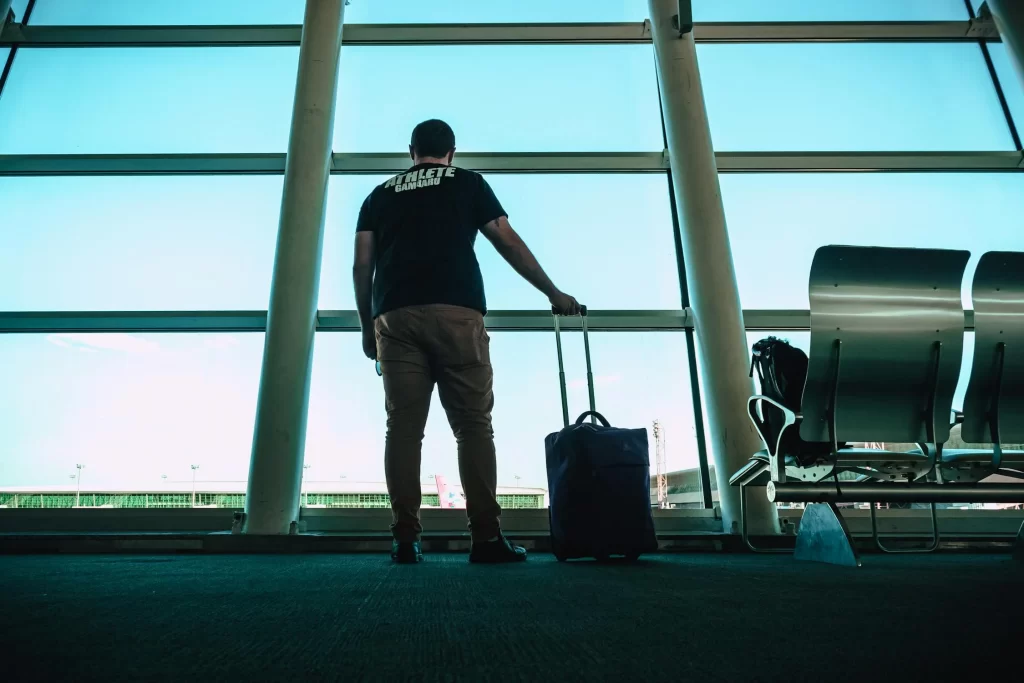There’s a common misconception that landlords can’t spend time traveling and instead have to constantly be “on call” in case they’re needed at one of their properties. But this simply isn’t true. Some of the most successful landlords spend months out of the year traveling and very rarely spend time in the cities where they own properties.
As a landlord, you can (and should) spend time traveling – and your properties don’t have to suffer as a result. It all comes down to putting the right processes and systems in place to keep your properties running smoothly while you’re out of pocket.
Property management tips for traveling landlords
If you’re going to spend extended time traveling, there are a few foundational pieces you’ll need in place. Here are several of those tips:
Prepare your tenants. Make your tenants aware of your travel plans and provide them with a way to reach you in case of emergencies. It’s also a good idea to remind them of any house rules, particularly those that could affect the safety or maintenance of the property. For instance, if there are rules about not leaving trash outside for extended periods or guidelines about thermostat settings, reiterate these before you go.
Appoint a contact person. While you are away, it’s important to have someone nearby who can handle urgent issues at your property. This could be a trusted friend, a family member, or a professional property manager. This person should have a good understanding of your property and the authority to make decisions in your absence. Provide them with the necessary contact information for service providers (like plumbers, electricians, etc.) and any other details they might need to manage the property effectively.
Automate what you can. As you know, many aspects of property management can be automated. Consider setting up online systems for rent payments and communication. This way, your tenants can pay rent easily, and you can receive and respond to messages from anywhere in the world. Also, investing in smart devices can be a good move. For example, smart thermostats can regulate the temperature of your property remotely, and smart security systems can notify you of any disturbances.
Conduct maintenance before you leave. To prevent urgent maintenance issues while you’re away, conduct a thorough check of the property and fix any existing problems before your departure. This includes checking for leaks, ensuring all appliances are in good working condition, and making sure all doors and windows are secure. By taking care of these issues in advance, you’ll minimize the chances of something going wrong while you’re not around to address it quickly.
Create a detailed information packet. Prepare a comprehensive packet of information for your tenants and the person managing your property in your absence. This should include contact numbers for emergency services, utility companies, and preferred contractors who can handle repairs. Also, include a copy of the lease agreement, any warranties for appliances, and instructions for dealing with potential problems like a power outage or water leak.
Review your insurance coverage. Before you leave, review your landlord insurance policy to ensure it covers all potential scenarios that might occur while you’re away. Check if it includes damage protection, liability coverage, and loss of rental income. Knowing that you have adequate coverage can give you peace of mind while you’re traveling.
Communicate regularly. Even with all preparations in place, regular communication while you’re away can help keep your mind at ease. Set up regular check-ins with your contact person to stay updated on the property’s status. Modern technology makes it easy to communicate internationally, so take advantage of apps like Zoom, WhatsApp, Skype, or email to keep the lines open.
Keep documentation organized. Organize all relevant documents, receipts, and contact information in a digital format that you can access from anywhere. Cloud-based storage solutions like Google Drive or Dropbox are excellent for storing digital copies of important documents so you can retrieve them whenever necessary, no matter where you are.
Adding it all up
Landlording isn’t for everyone. And if you’re going to prioritize traveling, you need a plan. Hopefully, this article has given you a few helpful tips and strategies that you can use to keep your tenants happy and properties running smoothly while you’re away. Good luck!
The article Helpful tips for being a traveling landlord first appeared in TravelDailyNews International.
